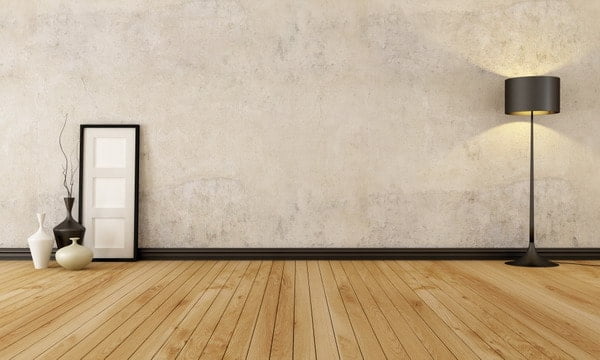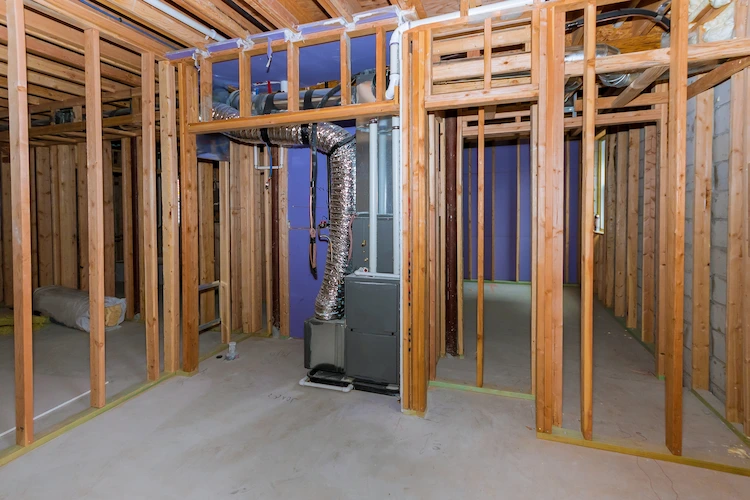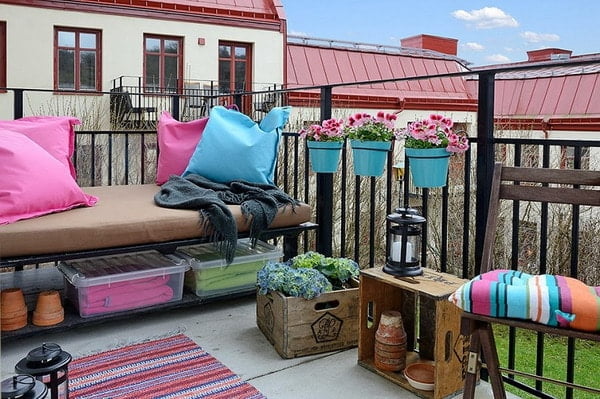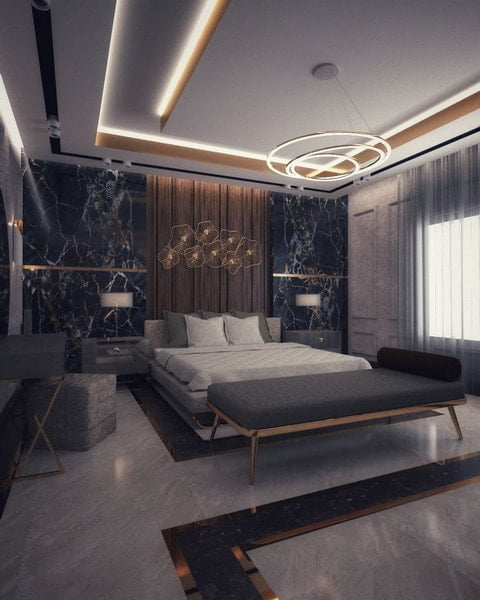Why does housing rent increase more and more? Has the cycle of considering the purchase of a property as a desirable good finished? Discover their pros and cons.
The new State Housing Plan for the period 2024-2025 has already been approved, whose main axes are: promoting the rental of housing, energy efficiency and accessibility. Every three years, the government designs a State Housing Plan to define the country’s needs in this area, as well as the public subsidies that will be allocated to the sector.
The current plan will therefore enhance the rent, encouraging that unoccupied dwellings, owned by public administrations, public companies, financial entities or other owners, may be inhabited by the most vulnerable population. It will also include a specific program of aid for people in a situation of eviction. It also plans to maintain the rent subsidies, but with a novelty: the autonomous communities will set the access conditions and the payment will not be monthly, but annual.
In these lines we will focus on the expectations generated by the rental of homes. Does the rent or the purchase predominate? Have the trends been reversed? Let’s see in today’s article what is happening in the real estate market.
I prefer to rent than to buy a house
During the past year, 2024, rental in Spain grew unstoppably. We refer to residential rental, leaving aside the tourist rent that was also increased. The residential rent is more stable, safe and profitable for the lessor, if you have the appropriate advice.
Many young people and families of new creation, but also others affected by the economic crisis, have decided, and continue betting, on the lease as a model of accommodation. The rent facilitates access to housing because it requires, speaking of cheap rents, less income and savings. It allows them greater flexibility, by adapting better to the new needs that may arise if personal circumstances change: relocation, change of employment, creation of a family or increase of it.
With the rent you can opt for more tax benefits and aid from the administrations, and save some expenses, according to and how the contract is formalized: the community of neighbors, the insurance, the IBI or the maintenance of the apartment. Such is the situation, that the real estate sector already talks, for 2025, of a paradigm shift, going from buying to renting, getting closer and closer to the European trend, where rent predominates.
But not all are advantages, neither for the tenants, nor for the landlords. The first can be found with an owner who is completely disengaged from the state of the home, in need of improvements, and who never takes care of the expenses involved. They also have to take into account that the monthly payment they pay initially will increase over time, an increase that can be considerable, although one can always move to another cheaper house, but we have to move. And, finally, although it does not usually happen, the tenant could be forced to leave the home in a short space of time due to causes beyond his control. One is not guaranteed to be able to live a lifetime in the same rented house.
In the case of the owners, the biggest problems usually come from the delinquency of the tenants and the deterioration that these may cause in the property if they are not minimally careful. Late payment can be stopped by taking preventive measures prior to the formalization of the lease and with greater legal protection for the owners. Justice is very slow in these cases, as in almost all. And as for the damage that may be caused in the house, could be compensated by raising the rental prices or the amount of the initial deposit, but this could hinder rents.
Moving from rent to purchase
You can live on a lease for a while and then think about acquiring a property. Experts say that rent is a matter of time. It is a good option in the short and medium term, since it does not require an investment to move into a flat. But, more in the long term, and when you already have a family and a stable job, the majority opts for the purchase, since a prolonged stay in rent (about five or eight years on average) would be equivalent to the amortization of the initial expense that faces who acquires a house.
The advocates usually argue that buying the worst of living leased is that one pays rent every month but, over the years, have no property to change. Housing has always been a safe haven in Spain but changing this mentality does not necessarily mean having to rent. I can acquire a home without the intention of making it profitable, simply to live, with the desire to improve my quality of life.
I do not buy with the intention of selling the house in the future for more money, the current crisis has taught us that housing can lose value. I buy it because in the long run it will be more profitable than living in rent, the monthly payment of a mortgage can be similar or less than that of a rent.
And if at any given time I want or need to sell the house, I will always get some money, even if it is less than the employee in his purchase, but I have enjoyed it during the time I have lived, I have already amortized part of the expense I made to acquire it. And, without the need to sell it, you could also put it on rent, so demanded, thus making a profit.
Compensates to buy house, in spite of the tendency in increase of the rent
The interest rates applied by credit institutions are at historic lows, which has expanded the offer of competitive mortgages. In return, a substantial initial contribution of the value of the property is required to access the loan. And this is an inconvenience for most potential buyers at a time when jobs are scarce, both stable and precarious, and salaries are low.
The ability to save is almost non-existent, that is why most of the young people find it impossible to buy a home unless they use solidarity sales methods that are already starting to be carried out, such as the sale of housing with deferred payment., this formula supposes for the buyer, in practice, the concession, on the part of the seller, of a credit, to call it in some way, that does not generate interest, nor does it require a strong initial contribution, only that agreed between the parties.
Rent or buy, therefore and fortunately, are not irreversible decisions. I can live in rent and then decide to buy a home. Or I can own a property and prefer to live in rent later. It will depend on the circumstances or the wishes. But let’s not forget, let’s rent or buy, that some people still can not even qualify for decent housing. That does require a paradigm shift.



